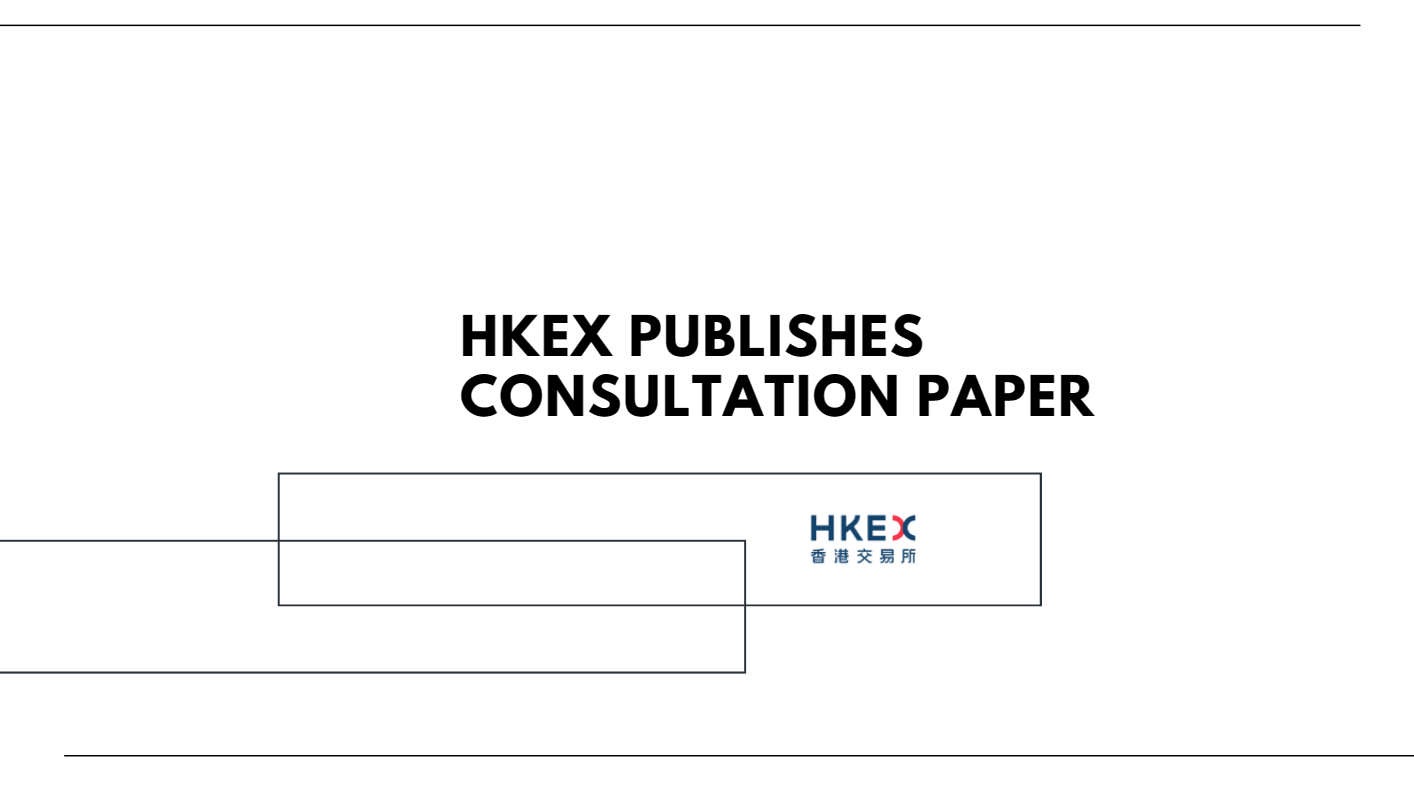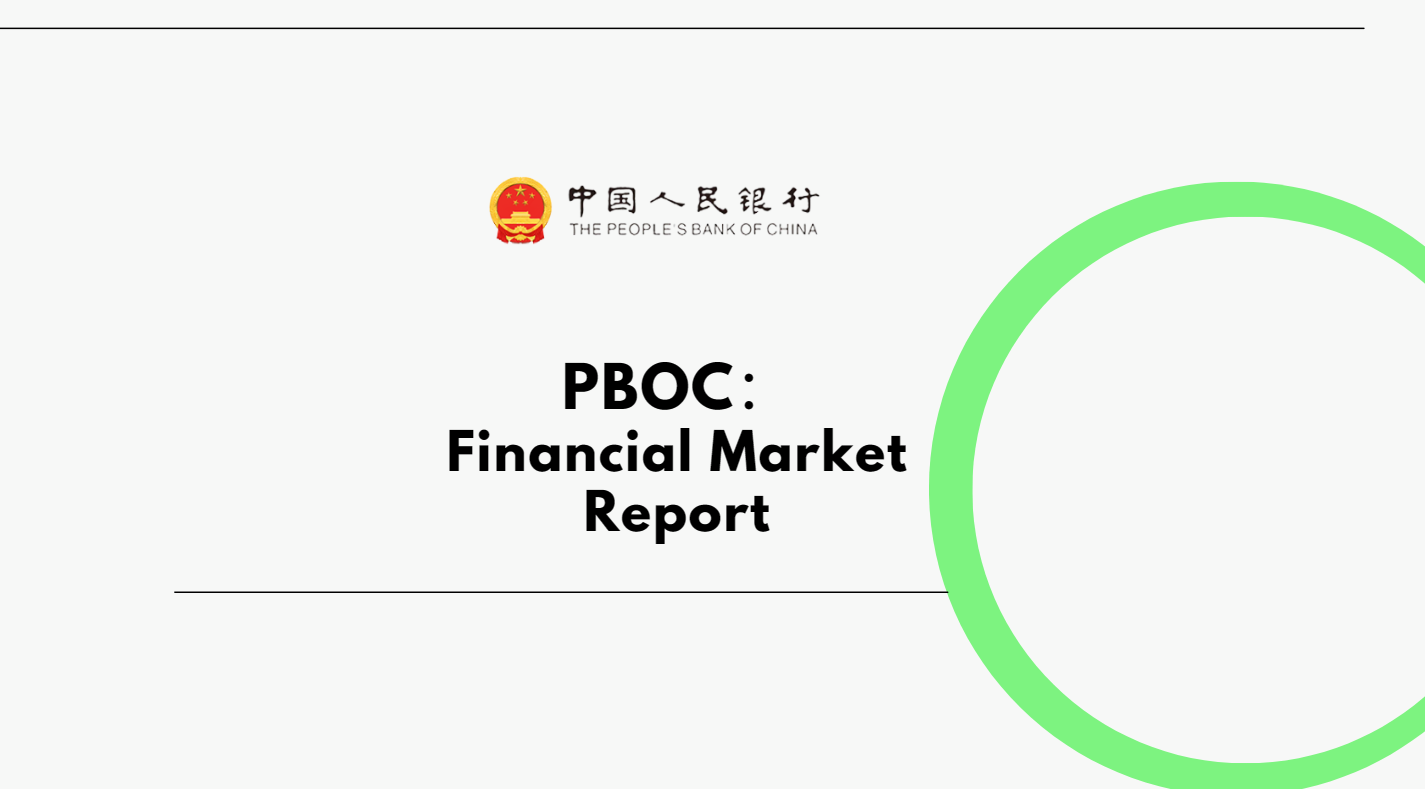Coordinated development of Beijing-Tianjin-Hebei region sees progress
Experts and scholars gathered to discuss deepening and substantiating the coordinated development of the region in the forum, with achievements and challenges highlighted.
Data showed that in 2022, the economic aggregate of the Beijing-Tianjin-Hebei region exceeded 10 trillion yuan (about 1.4 trillion U.S. dollars), which was 1.8 times that of 2013 on the basis of current prices.
Remarkable progress has been made in terms of transportation, and ecological and environmental protection in the Beijing-Tianjin-Hebei region for nearly a decade, said Wu Yiqing, vice president of Hebei University of Economics and Business.
Wu suggested that the region should focus on the fields of digitalization, automobiles and materials, in building world-class industrial chains and that it should strive to become an advanced manufacturing cluster with international competitiveness.
To relieve Beijing of functions not essential to its role as the capital, more enterprises in Beijing extended their core industrial chains to Tianjin and Hebei, which not only optimized the layout of supply chains, but also further expanded the market.
Statistics show that in 2022, Tianjin attracted 198.9 billion yuan of investment from Beijing and Hebei, while a total of 4,395 units from Beijing and Tianjin moved to Hebei last year.
By transferring the functions nonessential for the captial to neighboring areas, Beijing aims at high-grade industrial development, while Tianjin has developed advantages in manufacturing, and Hebei sets up platforms for industrial transfer to speed up transformation and upgrading, according to Zhang Gui, secretary general of the institute for coordinated development of the Beijing-Tianjin-Hebei region of Nankai University.
Li Guoping, director of the Beijing Development Institute of Peking University, said that accelerating the collaborative commercialization of research findings in the Beijing-Tianjin-Hebei region is an important work in giving full play to Beijing's advantages in scientific and technological innovation, and promoting the deep integration of the region's innovation chains and industrial chains.
"In the future, the internal driving force of the coordinated development of the Beijing-Tianjin-Hebei region should be continuously enhanced through comprehensively deepening reform and expanding opening-up," said Chen Yulu, president of Nankai University.






















































First, please LoginComment After ~